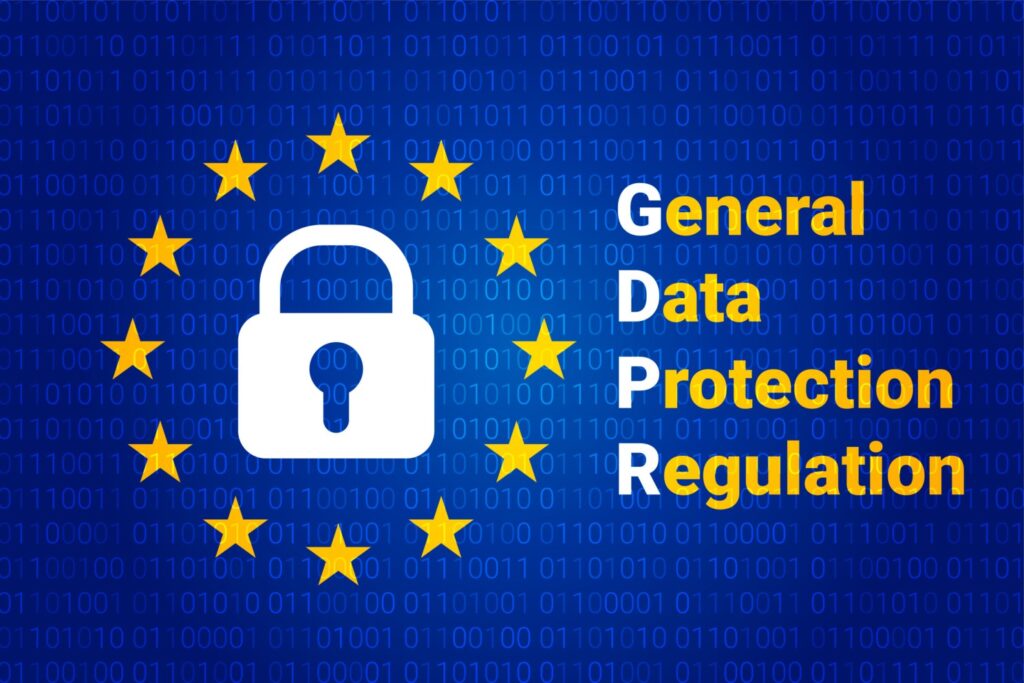Private equity (PE) firms have become increasingly active in the technology sector over the past decade, with many investing in companies focused on cybersecurity and risk management. This trend is driven by the growing importance of cybersecurity in our digital world, and the increasing need for businesses to protect themselves from cyber threats. In this article, we will explore the relationship between private equity and cybersecurity, and examine how private equity firms are helping to address cyber risk in the companies they invest in.
Understanding Private Equity
Before we dive into the relationship between private equity and cybersecurity, let’s first define what private equity is. Private equity refers to investments made in private companies, typically with the goal of achieving high returns on investment over a period of several years. Private equity firms raise funds from institutional investors, such as pension funds and endowments, and use this capital to invest in companies with strong growth potential. These investments can take many forms, including management buyouts, growth capital investments, and leveraged buyouts.
One of the key advantages of private equity is that it allows investors to take a more active role in the companies they invest in. Private equity firms typically acquire a controlling stake in the companies they invest in, and work closely with management teams to implement strategic initiatives aimed at driving growth and increasing profitability.
Private Equity and Cybersecurity

Cybersecurity has become an increasingly important issue for businesses of all sizes and in all industries. Cyber threats can take many forms, including data breaches, ransomware attacks, and social engineering scams. These threats can result in significant financial losses, reputational damage, and legal liability for businesses that fail to adequately protect themselves.
Private equity firms are uniquely positioned to help address these risks. By taking an active role in the companies they invest in, private equity firms can work with management teams to implement cybersecurity best practices and ensure that adequate measures are in place to protect against cyber threats.
One example of a private equity firm focused on cybersecurity is Thoma Bravo. Thoma Bravo is a leading private equity firm that specializes in investing in software and technology companies. The firm has made several investments in cybersecurity companies, including Barracuda Networks, Centrify, and Imperva. Thoma Bravo’s investments in these companies have helped them to grow and expand their cybersecurity offerings, and have positioned them as leaders in the industry.
Another example is Blackstone, which has invested in companies like FireEye, a leading cybersecurity firm that provides advanced threat intelligence and protection solutions. Blackstone’s investment has helped FireEye to expand its product offerings and build out its global presence.

Private equity firms can also help companies navigate the complex regulatory landscape surrounding cybersecurity. For example, the European Union’s General Data Protection Regulation (GDPR) imposes strict requirements on businesses that handle the personal data of EU citizens. Private equity firms can work with companies to ensure that they are in compliance with these regulations and avoid potential legal liability.
Conclusion
As the importance of cybersecurity continues to grow, private equity firms are playing an increasingly important role in helping companies address cyber risks. By taking an active role in the companies they invest in, private equity firms can help to ensure that adequate cybersecurity measures are in place, and that businesses are prepared to defend against cyber threats.
As the technology sector continues to evolve, we can expect to see more private equity firms investing in cybersecurity companies, and helping to shape the future of cybersecurity.

